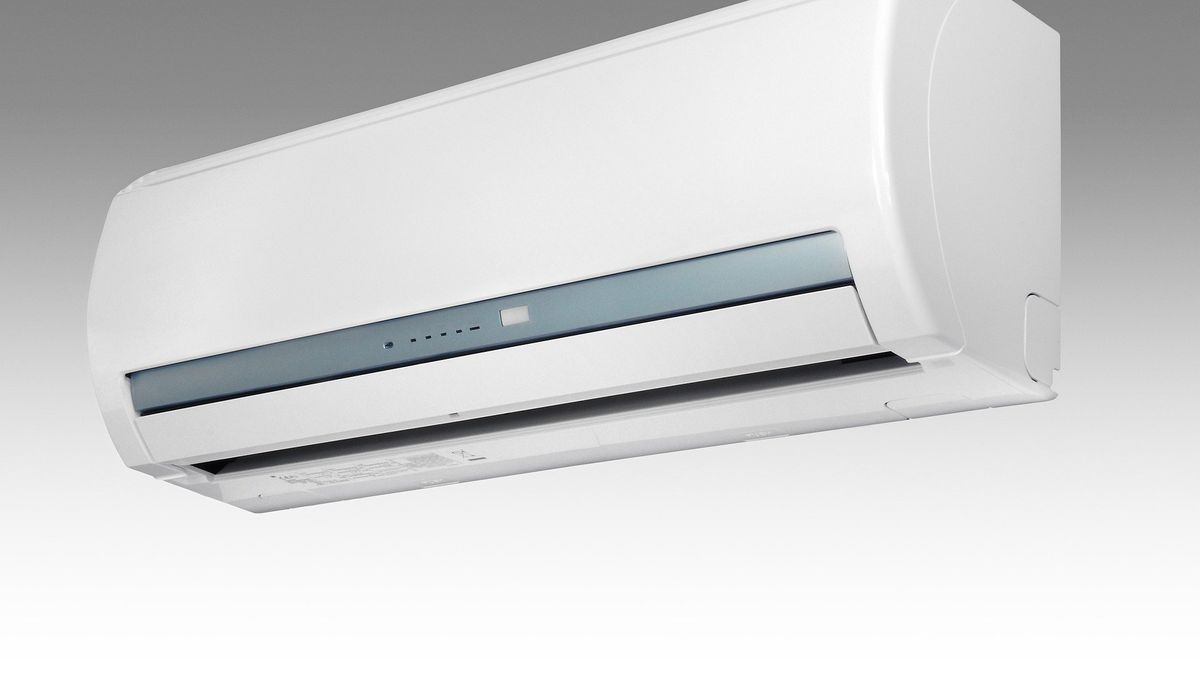AIR CONDITIONING ON ALERT
According to these results obtained based on 25,000 Argentines surveyed, more than 36% perceive thermal discomfort in both summer and winter; for almost the 29% their homes are very cold in winter and for almost 17% they are very hot in summer. “Maintaining a comfortable temperature means that buildings are not expensive to heat or cool, nor do they have mold and mildew on the walls or condensation on the windows. Which determines to establish adequate parameters of energy efficiency and insulation in ceilings, walls and floors”, comment Paula Altavilla, president of AGBC
Temperature controls on heating, cooling, and ventilation systems must be easy to use and understand, allowing occupants to adjust temperatures and ventilation rates to suit their preferences. The incidence of efficient thermal insulation in ceilings, walls and floors is very high since it improves the quality of life of its occupants, while optimizing energy savings by reducing the energy bill. Likewise, air conditioning systems must qualify as Class A energy efficiency.
According to the results of the study the 78% do not have double-glazed windows, which help prevent temperature leaks; the 50% have an air conditioning unit, but use it alternately to heat the home, which reflects that the primary heating system does not meet the thermal comfort temperature. Finally, 13% of those surveyed responded that they have individual measurement systems for heating consumption which allows the costs of this service to be distributed based on actual consumption, enables energy management, better gas requirements and lower installation costs.
In this sense, it should be considered whether the current homes have the necessary conditions to collaborate with the health and well-being of their inhabitants in relation to thermal comfort, without the need to exceed the 400Kw/h imposed by the new measures and thus not pay the rate. flat. In Argentina 3.5 million households, about 1 third of the country’s population, do not have adequate housing. Most of the buildings in the country are built with practices and building codes with minimum standards of safety and interior environmental quality and habitability to guarantee protection from cold or heat, humidity. The same study showed that 1 out of every 5 Argentine homes have insufficient or partially insufficient material quality. “If just 1.7% of failing homes are properly renovated each year, the number of damp homes could be cut in half by 2050,” adds Altavilla.
Source: Ambito
David William is a talented author who has made a name for himself in the world of writing. He is a professional author who writes on a wide range of topics, from general interest to opinion news. David is currently working as a writer at 24 hours worlds where he brings his unique perspective and in-depth research to his articles, making them both informative and engaging.




